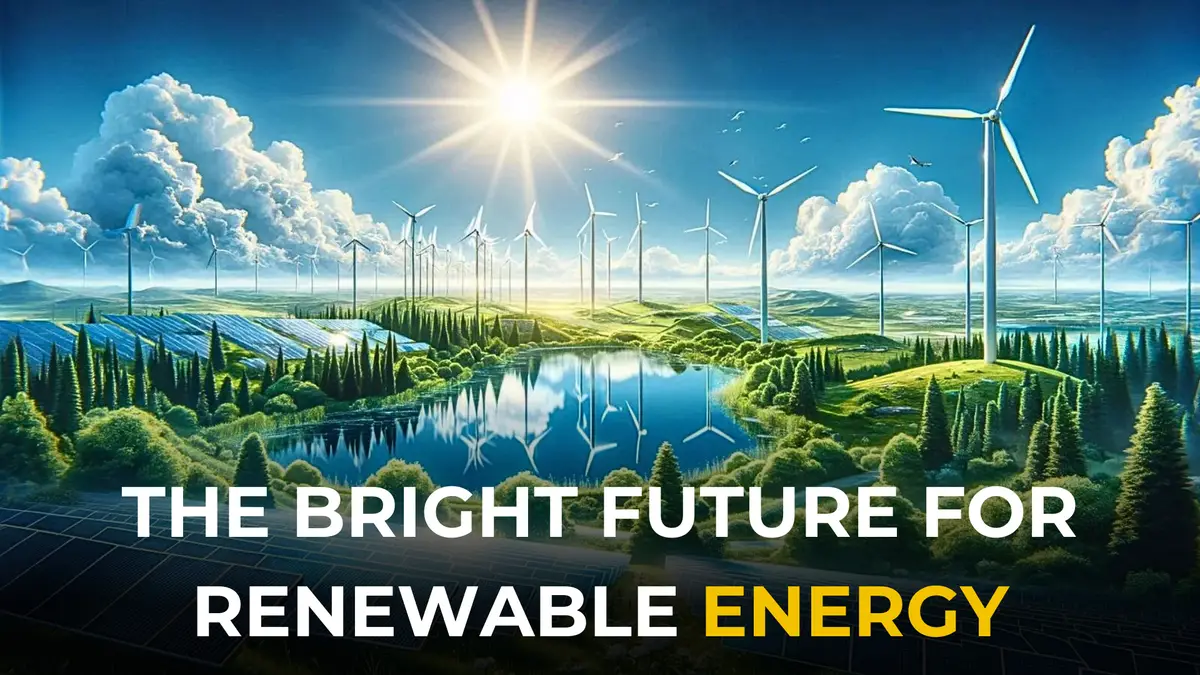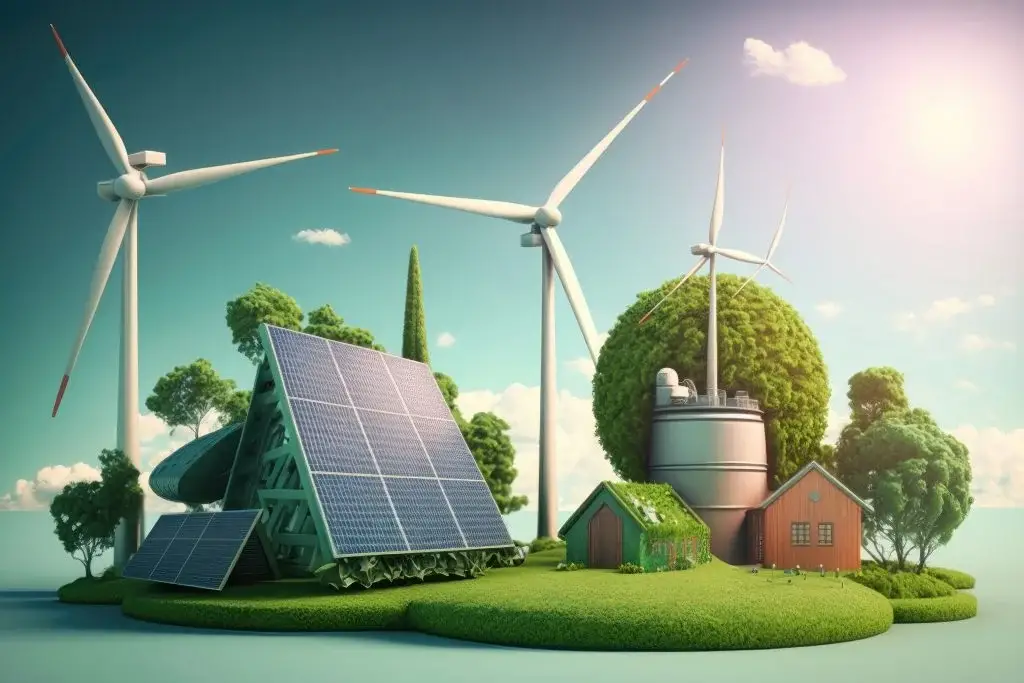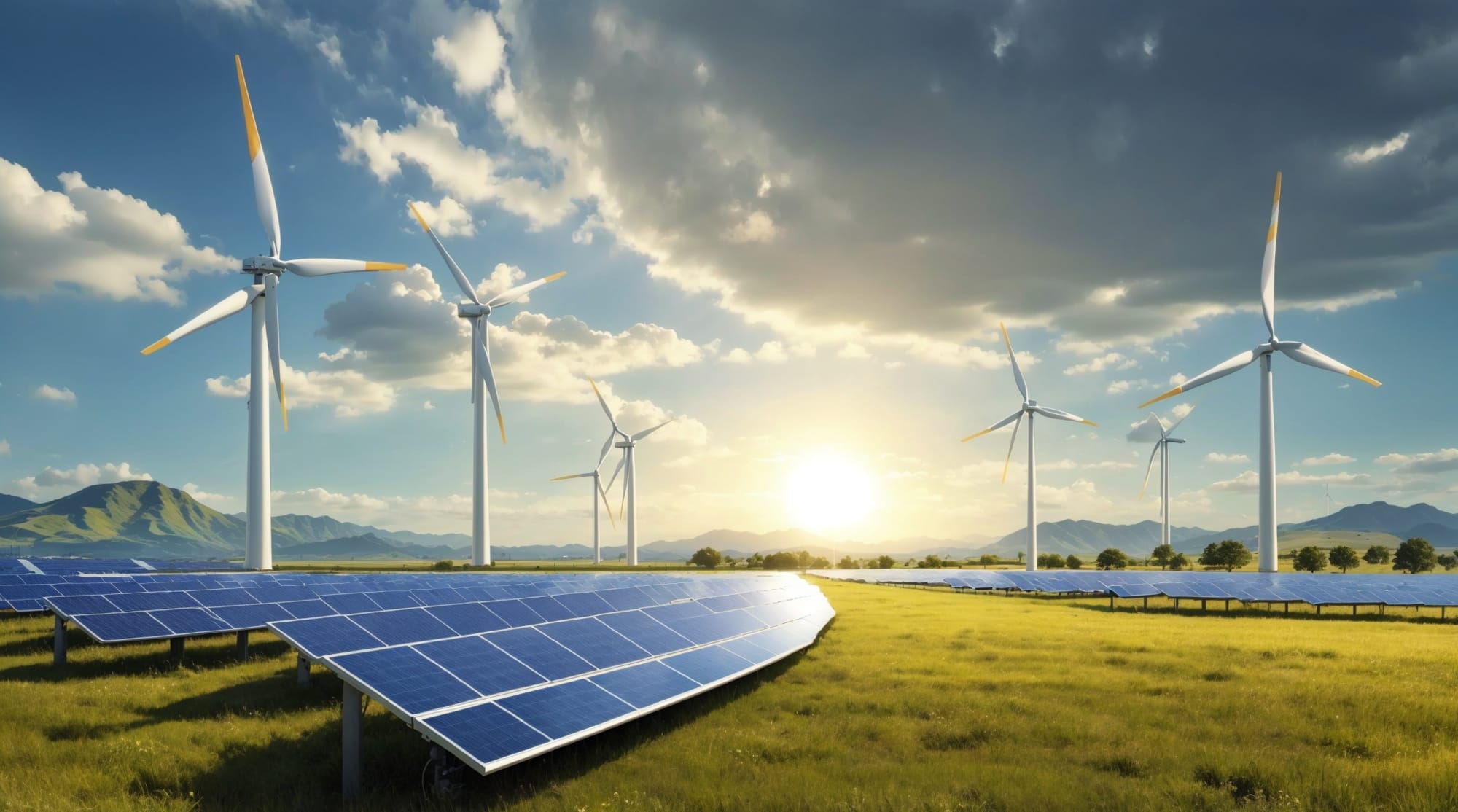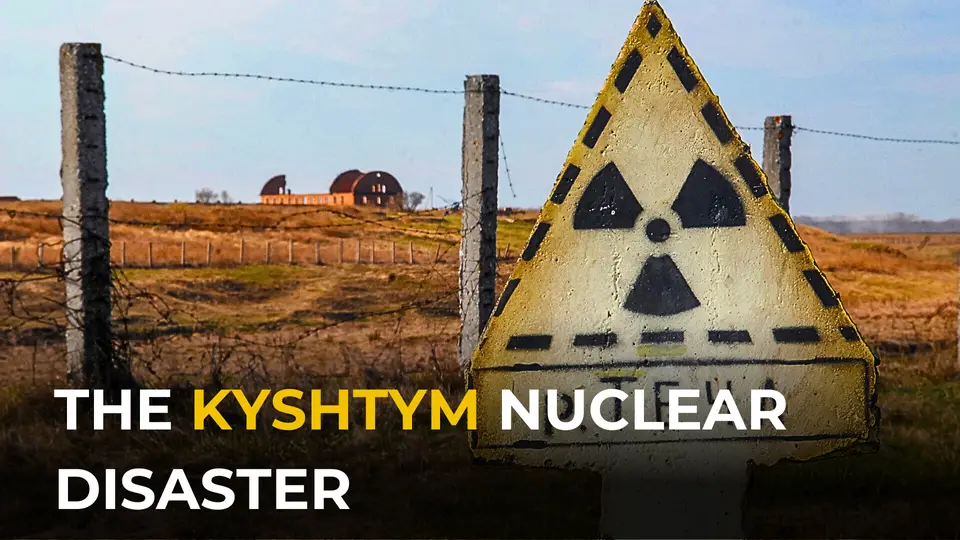The Bright Future for Renewable Energy: Powering a Sustainable Tomorrow

The future for renewable energy is more promising than ever before. As the world transitions away from fossil fuels, renewable energy sources like solar, wind, hydro, and geothermal are rapidly emerging as viable and sustainable alternatives.
This shift toward cleaner energy sources is driven by a confluence of factors, including growing concerns about climate change, advancements in renewable energy technologies, and increasing affordability.
Renewable Energy Sources are Breaking Records

Solar and wind power, in particular, are experiencing phenomenal growth. In 2022 alone, a remarkable 83% of all newly built power capacity globally came from renewable sources, with solar energy leading the charge.
This surge in renewable energy capacity is a testament to the increasing efficiency and decreasing costs associated with these technologies.
Cost Competitiveness of Renewables
One of the most significant factors driving the adoption of renewable energy is its increasing cost-competitiveness.
The cost of generating electricity from solar and wind power has plummeted in recent years, making them increasingly attractive alternatives to traditional fossil fuel-based power plants.
In many markets worldwide, it is now actually cheaper to build and operate new solar or wind farms than to build new fossil fuel plants.
Investment and Economic Growth
This shift towards renewables is not just an environmental imperative but also a smart economic decision. Global investments are pouring into clean energy technologies, far surpassing investments in fossil fuels.
This influx of investment is creating new jobs, boosting local economies, and fostering innovation in the renewable energy sector.
Energy Independence and Security

Furthermore, as countries strive for energy independence, renewable energy sources offer a pathway to reduce reliance on volatile global fossil fuel markets.
By harnessing locally available renewable resources, nations can enhance their energy security and shield themselves from the geopolitical risks associated with fossil fuel dependence.
Environmental Benefits of Renewable Energy
The environmental benefits of transitioning to a renewable energy future are undeniable. Renewable energy sources, unlike fossil fuels, produce little to no greenhouse gas emissions during operation.
This characteristic makes them instrumental in mitigating climate change and reducing air pollution, leading to a healthier planet for current and future generations.
The Transition is Happening Now
The transition to a future powered by renewable energy is not a distant dream; it is happening right now. From the increasing prevalence of solar panels on rooftops to the emergence of massive offshore wind farms, the renewable energy revolution is well underway.
Electric cars are becoming more mainstream, and energy-efficient homes are increasingly common.
How You Can Be a Part of the Solution

The best part is that everyone can play a role in accelerating this transition. Here's how you can be a part of the clean energy revolution:
- Explore renewable energy options for your home or business. Consider installing solar panels, investing in a wind turbine if you have the land, or switching to a green energy provider for your electricity.
- Support companies and policies that champion clean energy. Make conscious choices as a consumer and advocate for policies that promote renewable energy development and adoption.
- Stay informed about renewable energy advancements and policies in your area. Knowledge is power! Stay updated on the latest developments in renewable energy technology, incentives, and regulations.
Every step we take towards a renewable energy future, no matter how small, contributes to a larger collective effort to create a cleaner, healthier, and more sustainable world for all.
The future for renewable energy is bright, and together, we can make it even brighter.




